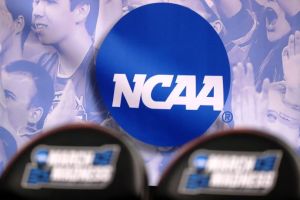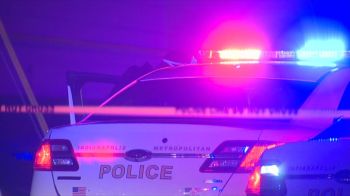
Source: (Photo by Christian Petersen/Getty Images Sport.)
BLOOMINGTON, Ind. — There is legislation before Congress that would put in place a nationwide framework for colleges and universities to follow when it comes to the new landscape of name, image, and likeness (NIL).
The PASS Act, at its core, is meant to protect student-athletes and schools alike.
“It’s a familiar concept in many other entertainment spaces where your image, your name, your nickname, all sorts of things relating to you might have some commercial value,” said Mark Janis, a law professor at the Maurer School of Law at Indiana University.
The bill includes all the main tenants of NIL. Students will be allowed to profit from the use of their name, image, or likeness. This includes endorsement deals, commercial deals, and a share of the earnings from merchandise sales by the university.
The bill also requires each school to start a “collective” to facilitate all NIL deals.
“A collective is something that is technically not affiliated with the university,” Janis added on WISH-TV. “Typically it’s set up as a non-profit organization.”
The legislation also restricts what kind of deals student-athletes can make. For example, college athletes would be prohibited from making any endorsement deals with alcohol or tobacco products.
The bill also set a few standards under NIL regulations, such as maintaining a certain GPA while in school and limiting transfers for NIL deals. Under the bill, student-athletes would have to sit out a year if they transfer before the third year of their eligibility. After that three years, they may transfer wherever they see fit without penalty.
Still, Congress being Congress, Janis said they’ve attached many other things to the bill.
“The heart of it is trying to address concerns about NIL, but there are all sorts of other stuff in there as well,” Janis said. “That’s the first thing that is striking to me.”
If the bill is not passed by Congress in the near future, the NCAA could take it upon themselves to implement its own NIL rules similar to what is within the legislation.













